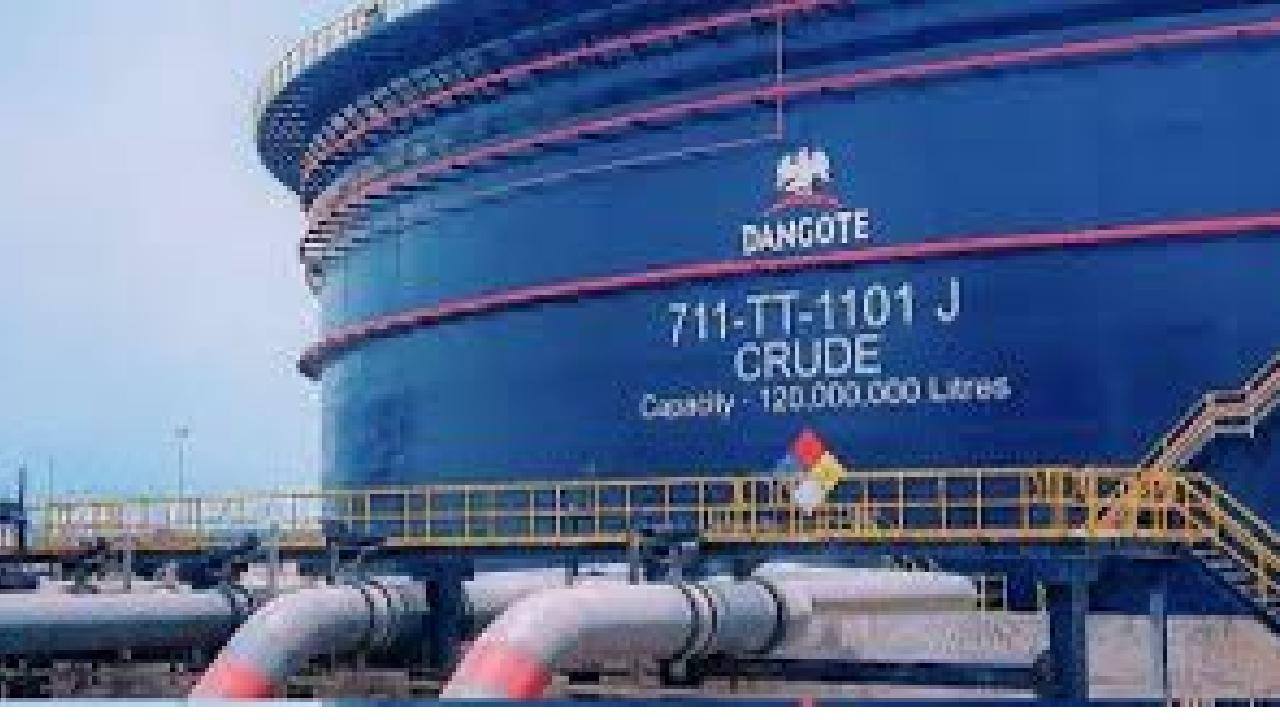

The dispute between Dangote Refinery and Nigerian petroleum marketers has escalated following remarks by Alhaji Aliko Dangote, who claimed that marketers have not shown interest in purchasing fuel from his refinery.
Tensions first surfaced in September as Dangote Refinery began distributing premium motor spirit (PMS), commonly known as petrol, in Nigeria. A disagreement arose between the refinery, Nigerian National Petroleum Company Limited (NNPCL), and various petroleum marketers, leaving many Nigerians frustrated over rising fuel prices despite expectations for reduced costs due to Dangote’s private refinery operations.
In his statement following a recent meeting with President Bola Tinubu on the naira-for-crude policy, Dangote noted that his refinery could supply over 30 million liters of fuel daily, with a reserve of 500 million liters—enough to sustain the nation for over 12 days without additional imports or production. He attributed the lack of sales to a perceived “apathy” from marketers rather than pricing issues.
In response, marketers argued that they were indeed interested in purchasing from Dangote if the refinery offered competitive rates. Some revealed that Dangote’s prices were currently higher than import rates, with one marketer noting, “I recently imported fuel at N970 per liter, while Dangote’s rate was N977. Buying from him at this price would mean losses.”
Marketers emphasized that the open market requires competition. One marketer remarked, “Dangote should adjust his terms to attract customers. Competition is what deregulation means; all players must learn to compete, including the refineries.”
The Independent Petroleum Marketers Association of Nigeria (IPMAN) also expressed frustration, with IPMAN President Abubakar Maigandi stating that despite assurances from Finance Minister Wale Edun, members had been unable to directly access products from Dangote Refinery. Former IPMAN Chairman of Ejigbo Satellite Depot, Akinrinade Akinade, further claimed that Dangote’s contract with NNPC prioritized national distributors, leaving independent marketers excluded.
The Major Energy Marketers’ Association of Nigeria (MEMAN) echoed similar concerns, expressing willingness to purchase locally refined fuel if it were cost-effective.
Consumers, meanwhile, voiced their disappointment with the continued rise in fuel prices. “We were promised lower prices, but they keep increasing,” said Oladele Johnson, a commercial transporter. “It’s difficult to believe that we’ll ever see affordable fuel in Nigeria again.”
Sani Yusuf, a transport union leader in Lagos, called for transparency from all industry players to ensure fair practices, adding that Nigerians deserve clarity and fair pricing in the petroleum market.
The Minister of the Federal Capital Territory (FCT), Nyesom Wike, has dismissed rumours suggesting he…
The Senator representing Benue South Senatorial District and Senate Minority Leader, Comrade Abba Patrick Moro,…
Armed men suspected to be bandits raided Agbo Vengav, a community in Udam, Gwer West…
Former Governor of Benue State, Chief Samuel Ortom, has called off all planned celebrations for…
Benue State Governor, Hyacinth Alia, has appointed renowned music icon, Innocent "2Face" Idibia, as the…
Governor Hyacinth Alia has stressed the importance of taking a clear-eyed, strategic approach to security…